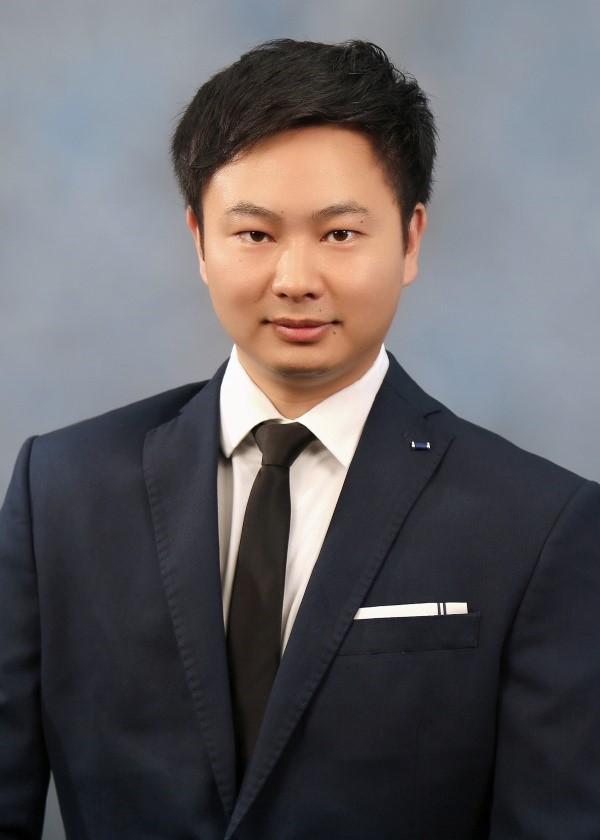CAVS Researcher Part of NREL $5.18-million Department of Energy Grant to Boost Solar Energy for Resilient Community Microgrids
June 22, 2021
Junbo Zhao, assistant professor of electrical and computer engineering and CAVS researcher.
Photo submitted.
Photo submitted.
Junbo Zhao, assistant professor of electrical and computer engineering and also affiliated with the Center for Advanced Vehicular Systems at Mississippi State, is collaborating with researchers at National Renewable Energy Laboratory, Minsait ACS, Holy Cross Energy and NRECA to develop, validate, and demonstrate a resilience- and stability-oriented cellular grid formation and optimization approach to achieve scalable and reconfigurable community microgrid operations for distribution feeders with solar photovoltaics (PVs) and mobile battery energy storage.
Using self-organizing, map-based resilience quantification, stability analysis and distributed energy resource (DER) optimization, this three-year project will transform traditionally centralized grid operations into time-varying cellular operations that can enable scalable distributed controls of over 10,000 DERs, achieve fast bottom-up service restoration using PVs and grid-forming inverters, adapt to time-varying system conditions and maintain optimal system-level resilience. This will be demonstrated in a community in Colorado with 100% PV penetration.
"With this project, we are able to further develop autonomous energy grids by introducing controls for self-optimizing and resilient microgrids," Zhao said. "The resulting outcomes would allow communities to develop more resilient microgrids to achieve high energy efficiency and resiliency to natural disasters. This is particularly important to regions that are vulnerable to natural disasters, such as the coastal areas of Mississippi and other states."
The three-year project was one of only 10 projects on Solar Systems Integration research and development in the SETO FY2020 program from across the country to be funded by the Office of Energy Efficiency and Renewable Energy.
Submitted by Sara Fuller
